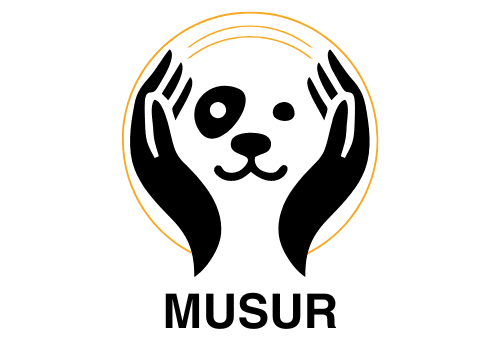musur
Actu
Quelles sont les meilleures pratiques pour adopter un animal de compagnie ?
Adopter un animal de compagnie est une décision qui ne se prend pas à la légère. C’est un engagement à long terme qui nécessite une...
Lire la suite
Autres animaux
Comment créer un environnement stimulant pour un fennec en captivité ?
Fennec, Vulpes zerda, renard du désert, trois noms qui désignent le même animal, petit et adorable, originaire des régions arides...
Lire la suite
Quelles sont les meilleures stratégies d’enrichissement pour un hamster ?
Si vous êtes les heureux propriétaires de ces petits mammifères adorables que sont les hamsters, vous savez que ces animaux...
Lire la suite
Chats
Chiens
Quelles sont les méthodes efficaces pour enseigner à un chien à ne pas quémander de nourriture ?
En grandissant, nos compagnons à quatre pattes ont tendance à exposer un comportement qui peut être agaçant : la quémande de nourriture. Qui n’a jamais...
Lire la suite
